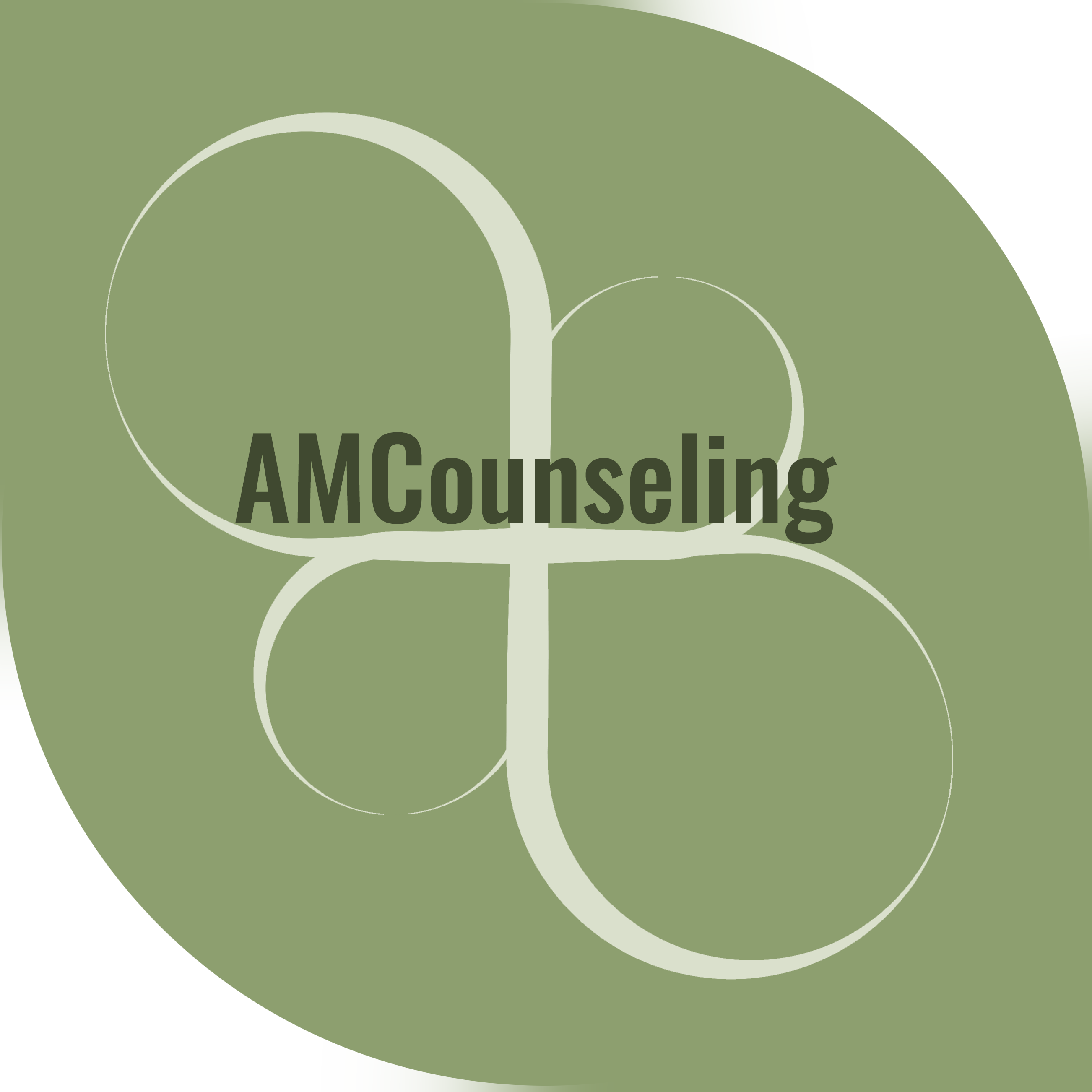ADHD: Understanding ADHD in Women
What is ADHD?
Attention Deficit Hyperactivity Disorder (ADHD) is a neurodevelopmental disorder characterized by symptoms of inattention, hyperactivity, and impulsivity. While ADHD is commonly associated with children, it affects adults as well, often continuing into adulthood and can manifest differently in each individual, making it a complex and multifaceted condition.
ADHD in Women: Unique Manifestations
ADHD in women often presents differently than in men, leading to underdiagnoses and misdiagnosis. While men are more likely to display hyperactive and impulsive symptoms, women typically exhibit inattentive symptoms, which are less disruptive and more easily overlooked.
Common Symptoms in Women
Inattention
- Difficulty focusing on tasks
- Easily distracted by external stimuli
- Trouble organizing tasks and activities
- Frequently losing items
Hyperactivity (less common in women)
- Restlessness
- Excessive talking
- Difficulty sitting still for long periods
Impulsivity
- Interrupting others
- Acting without thinking
- Difficulty waiting for one’s turn
Challenges Faced by Women with ADHD
Underdiagnoses and Misdiagnosis
Historically, ADHD research has focused primarily on men and boys, leading to a gap in understanding how the disorder manifests in women. As a result, many women go undiagnosed or are misdiagnosed with other conditions such as anxiety or depression.
Social and Cultural Expectations
Women are often expected to manage multiple roles simultaneously, including work, family, and household responsibilities. These societal expectations can exacerbate ADHD symptoms, leading to increased stress and a sense of inadequacy.
Mental Health Impact
The lack of recognition and support for women can result in significant mental health challenges, including low self-esteem, chronic stress, and increased risk of anxiety and depression. The internalization of ADHD symptoms often leads to feelings of guilt and shame.
Techniques and Resources for Supporting Women with ADHD
- Cognitive Behavioral Therapy (CBT)
Cognitive Behavioral Therapy (CBT) is a highly effective treatment for managing ADHD symptoms. It helps individuals develop coping strategies, improve organizational skills, and challenge negative thought patterns. CBT can be particularly beneficial for women, addressing both symptoms and co-occurring mental health issues.
- Time Management Tools
Time Management Tools such as planners, to-do lists, and digital calendars can help women with ADHD stay organized and manage their time more effectively. Breaking tasks into smaller, manageable steps and setting reminders can reduce overwhelm and improve productivity.
- Support Groups and Online Communities
Support Groups and Online Communities provide a safe space for women with ADHD to share experiences, exchange tips, and receive emotional support. Connecting with others who understand the unique challenges can foster a sense of belonging and reduce feelings of isolation.
- Mindfulness and Relaxation Techniques
Mindfulness and Relaxation Techniques such as meditation, yoga, and deep breathing exercises can help women with ADHD manage stress and improve focus. Mindfulness practices encourage present-moment awareness and can reduce anxiety and impulsivity by promoting a sense of calm and control.
The Validity of Self-Diagnosis in the Neurodivergent Community
Self-diagnosis within the neurodivergent community, including ADHD, is increasingly recognized as valid. Many individuals face barriers to professional diagnosis, such as financial constraints, lack of access to specialists, or healthcare biases. Self-diagnosis allows people to identify their experiences, seek out resources, and connect with supportive communities. While professional diagnosis can provide clarity and access to treatment, self-diagnosis is an important step in acknowledging and addressing one’s neurodivergent traits.
ADHD in women is a complex and often misunderstood condition. Due to historical biases and societal expectations, many women remain undiagnosed or misdiagnosed, facing unique challenges that impact their daily lives and mental health. Understanding the distinct ways ADHD manifests in women and providing appropriate support is crucial.
Cognitive Behavioral Therapy, time management tools, support groups, and mindfulness techniques are valuable resources that can help women manage their symptoms and improve their quality of life. Embracing self-diagnosis as a valid step in the neurodivergent community empowers individuals to seek the support they need and fosters a more inclusive understanding of ADHD.
For more information on ADHD and resources for support, let’s connect https://amandamaurocounseling.com/ and explore ways to navigate the challenges of ADHD in women together.
Photo by Hans-Peter Gauster on Unsplash

